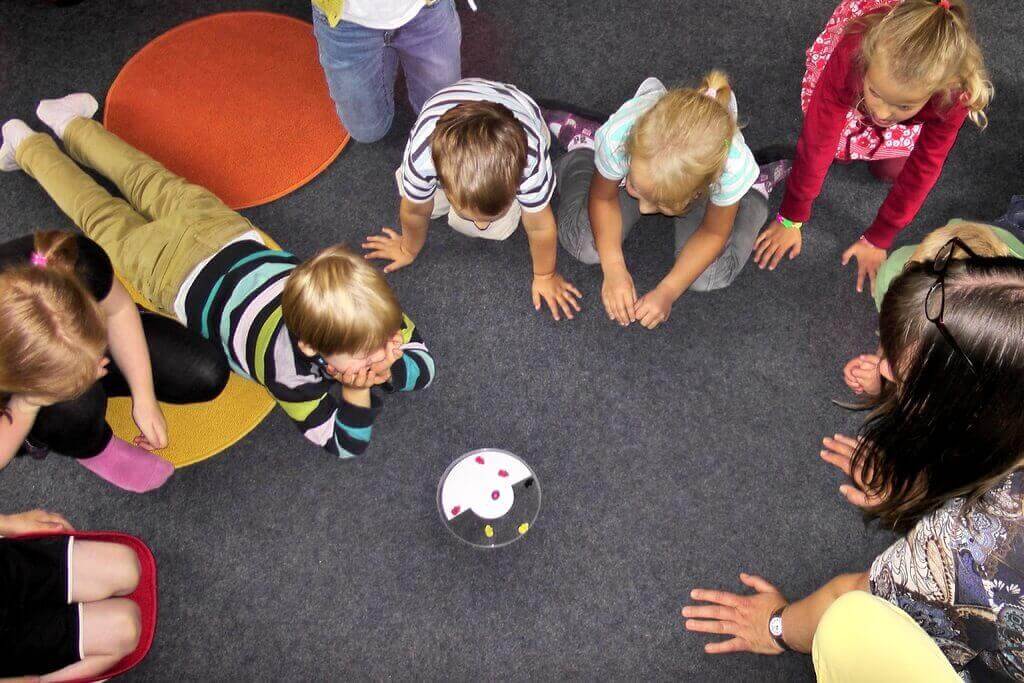The need for innovative educational approaches for young children has become increasingly evident in today's rapidly evolving world. While important, traditional kindergarten programs often fall short of meeting today's learners' diverse needs. This is where kindergarten in Reservoir schools comes into play. These innovative educational models are reshaping the landscape of early childhood education, providing young learners with a solid foundation for their academic, social, and emotional development.
Benefits of Kindergarten
1. Enhanced cognitive development and academic preparedness:
- Project-based learning stimulates critical thinking, problem-solving, and creativity.
- Hands-on activities and interactive learning experiences promote a deeper understanding of concepts.
2. Promotion of social skills and emotional intelligence:
- Collaborative projects and group activities encourage teamwork, communication, and cooperation.
- Social-emotional learning programs help children develop empathy, self-awareness, and emotional regulation.
3. Nurturing creativity and critical thinking abilities:
- It prioritizes creativity through art, music, storytelling, and imaginative play.
- Open-ended tasks and problem-solving challenges develop critical thinking and decision-making skills.
4. Emphasis on holistic development and well-being:
- It focuses on the overall well-being of children, fostering healthy habits, self-care, and mindfulness.
- Nature-based learning promotes environmental awareness, physical activity, and a connection with the natural world.
Exploring the Concept
They are alternative educational models designed to offer young children a more holistic and engaging learning experience. These programs go beyond the traditional classroom setup and incorporate a variety of innovative approaches, such as project-based learning, nature-based learning, and technology integration.
Key Features
- Child-centred learning: It prioritizes each child's individual needs and interests, tailoring the learning experience to foster their unique strengths and abilities.
- Play-based approach: Play is at the heart, as it is through play that children naturally explore, experiment, and develop critical skills.
- Interdisciplinary curriculum: Rather than focusing solely on academic subjects, they integrate various disciplines, allowing children to connect and develop a holistic understanding of the world.
- Emphasis on social-emotional development: It recognizes the importance of nurturing social skills, emotional intelligence, and well-being alongside academic learning.
Nature-Based Learning
Kindergarten in Reservoir schools embraces nature's power as a learning and development catalyst. By incorporating outdoor activities and nature-based experiences, these programs provide children with unique opportunities for growth and exploration.
Benefits of nature-based learning:
- Exposure to nature enhances cognitive functioning, attention span, and problem-solving abilities.
- Physical activity in natural environments promotes gross motor skills, coordination, and overall well-being.
- Environmental education fosters a sense of stewardship, instilling values of sustainability and respect for the natural world.
Examples of nature-based activities:
- Outdoor exploration and nature walks to observe plants, animals, and natural phenomena.
- Gardening projects allow children to cultivate their plants and learn about ecosystems.
- Sensory experiences like mud play, water exploration, and sand stimulate creativity and tactile development.
Role of Parents and Community
Such schools recognize that parental involvement and community engagement are crucial in a child's educational journey.
Importance of parental involvement:
- Parents are encouraged to actively participate in their child's learning experience through regular communication, parent-teacher conferences, and workshops.
- Collaborative decision-making and shared goal-setting between parents and educators enhance the child's progress and well-being.
- Parental engagement creates a strong support system, reinforcing learning at home and fostering a seamless transition between school and home environments.
Challenges and Future Considerations
While childcare in Reservoir schools offers promising opportunities for early childhood education, there are challenges and considerations to address for their continued success:
- Adequate funding and resources to support the implementation and sustainability of Kindergarten Reservoirs.
- Ensuring equitable access to these innovative programs for all children, regardless of socio-economic background or geographical location.
- Ongoing research and evaluation to measure the effectiveness and impact of Kindergarten
- Continual professional development for educators to stay updated on best practices and pedagogical approaches.
Read the tips for choosing the best childcare centre. Click Here!
Conclusion
The best kindergarten schools are transforming early childhood education by providing innovative, child-centred learning environments. By embracing them, we can nurture young minds, cultivate lifelong learners, and lay the foundation for a brighter and more innovative tomorrow.









Social Profile